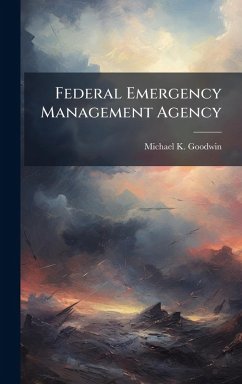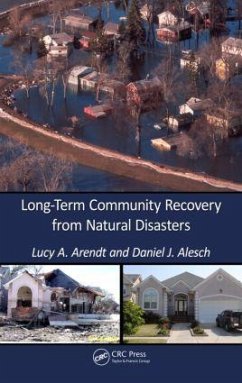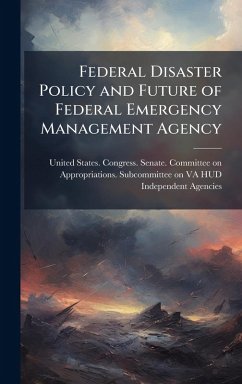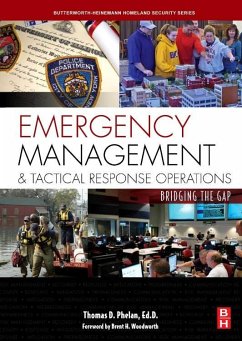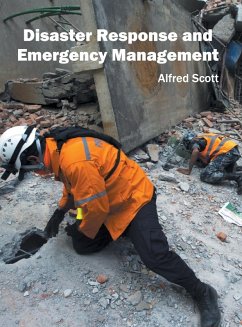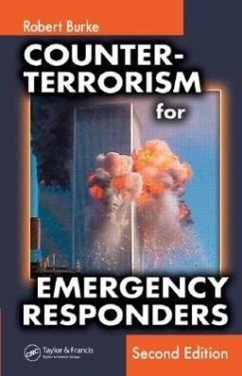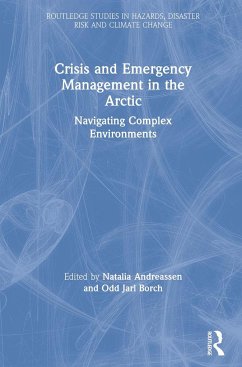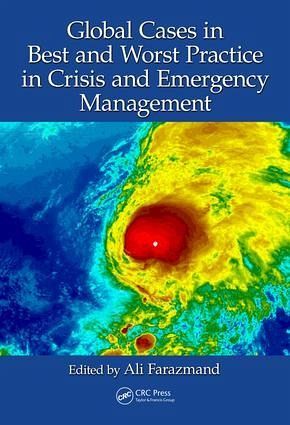
Global Cases in Best and Worst Practice in Crisis and Emergency Management
Versandkostenfrei!
Versandfertig in über 4 Wochen
185,99 €
inkl. MwSt.
Weitere Ausgaben:

PAYBACK Punkte
93 °P sammeln!
This is the first book to focus on select global cases from the perspective of best and worst practices in the context of crisis and emergency management. It brings together the most established scholars and experts in the field, offering theories along with an empirical success-and-failure analyses. With its combination of theory and practice and coverage of a wide range of disciplines, it provides an illuminating resource for policy experts, researchers, practitioners, instructors, and students.




